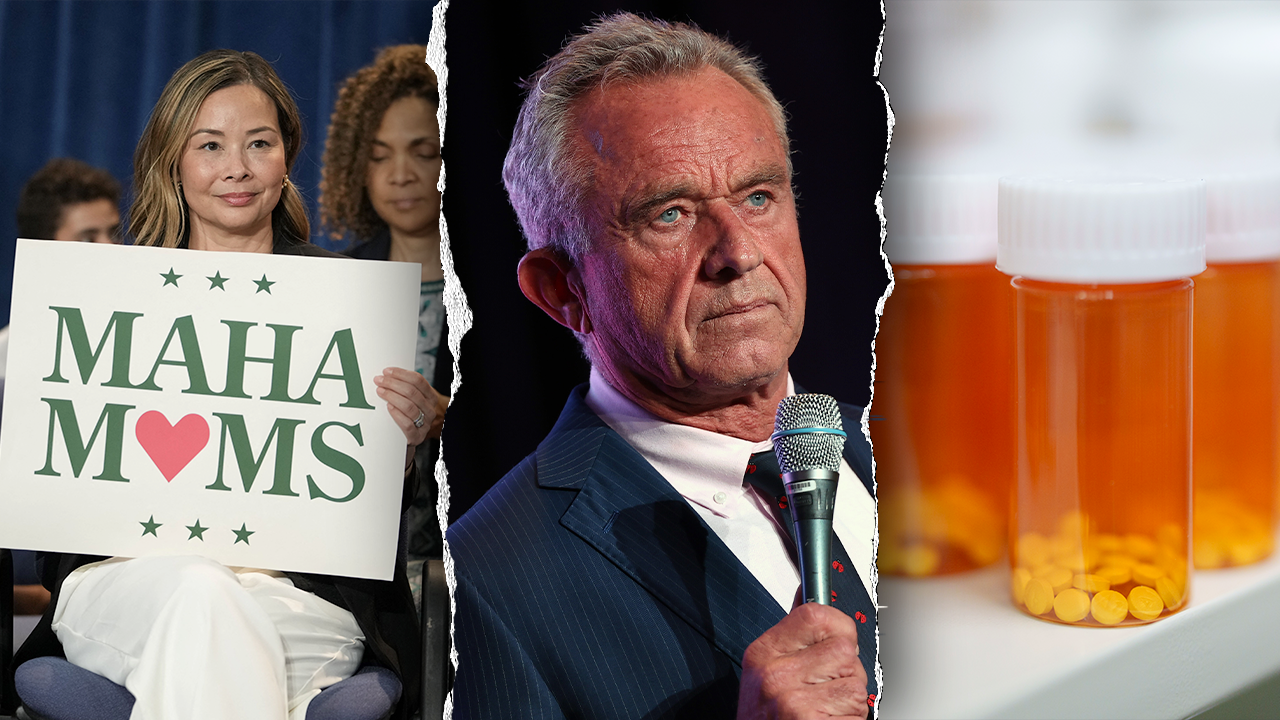Protecting People, Poultry, and Profits: Why Animal Vaccination is Crucial for Global Health and Trade

The escalating threat of zoonotic diseases, like the recent avian influenza outbreaks, is highlighting a critical need for widespread animal vaccination. According to Dr. Monique Eloit, Director General of the World Organisation for Animal Health (WOAH), bolstering animal health through vaccination isn't just about protecting livestock; it's a vital strategy for safeguarding human health and ensuring the stability of global trade.
The current disruption of Brazilian poultry exports due to bird flu serves as a stark reminder of the economic consequences of infectious disease. Brazil, a major global poultry supplier, is facing significant challenges as outbreaks impact production and trade agreements. This situation underscores the interconnectedness of animal and human health – a concept increasingly recognized as “One Health.”
Why Animal Vaccination Matters: A Multi-faceted Approach
Dr. Eloit’s call for increased vaccination isn't a standalone solution, but a cornerstone of a broader disease prevention strategy. Here's why it's so important:
- Preventing Zoonotic Disease Transmission: Many diseases originate in animals and can jump to humans. Vaccinating animals reduces the risk of these diseases spilling over into human populations, protecting public health.
- Boosting Livestock Health and Productivity: Healthy animals are more productive, leading to increased food security and economic benefits for farmers and communities. Vaccination reduces mortality rates and improves overall animal welfare.
- Safeguarding Global Trade: Disease outbreaks can severely disrupt international trade, impacting economies worldwide. Vaccination helps maintain stable supply chains and prevents costly trade restrictions.
- Reducing Reliance on Reactive Measures: Vaccination is a proactive measure, preventing disease rather than reacting to it. This reduces the need for costly and often less effective control measures like culling.
Challenges and Opportunities
Implementing widespread animal vaccination programs isn’t without its challenges. These include:
- Cost: Vaccination campaigns can be expensive, particularly in developing countries.
- Logistics: Reaching remote animal populations and maintaining cold chains for vaccine storage can be difficult.
- Vaccine Development: Developing effective vaccines against emerging diseases requires ongoing research and innovation.
- Public Awareness: Educating farmers and the public about the benefits of vaccination is crucial for program success.
However, these challenges also present opportunities for innovation and collaboration. Improved vaccine technologies, targeted vaccination strategies, and increased international cooperation can significantly improve the effectiveness and affordability of animal vaccination programs.
Looking Ahead: Investing in Animal Health for a Healthier Future
The current situation in Brazil highlights the urgent need for a global shift in perspective. Investing in animal health isn't just a veterinary issue; it's a public health imperative and an economic necessity. By prioritizing animal vaccination and strengthening global disease surveillance systems, we can better protect ourselves, our livestock, and the stability of the global economy. The One Health approach, recognizing the interconnectedness of human, animal, and environmental health, provides a roadmap for a more resilient and sustainable future.






